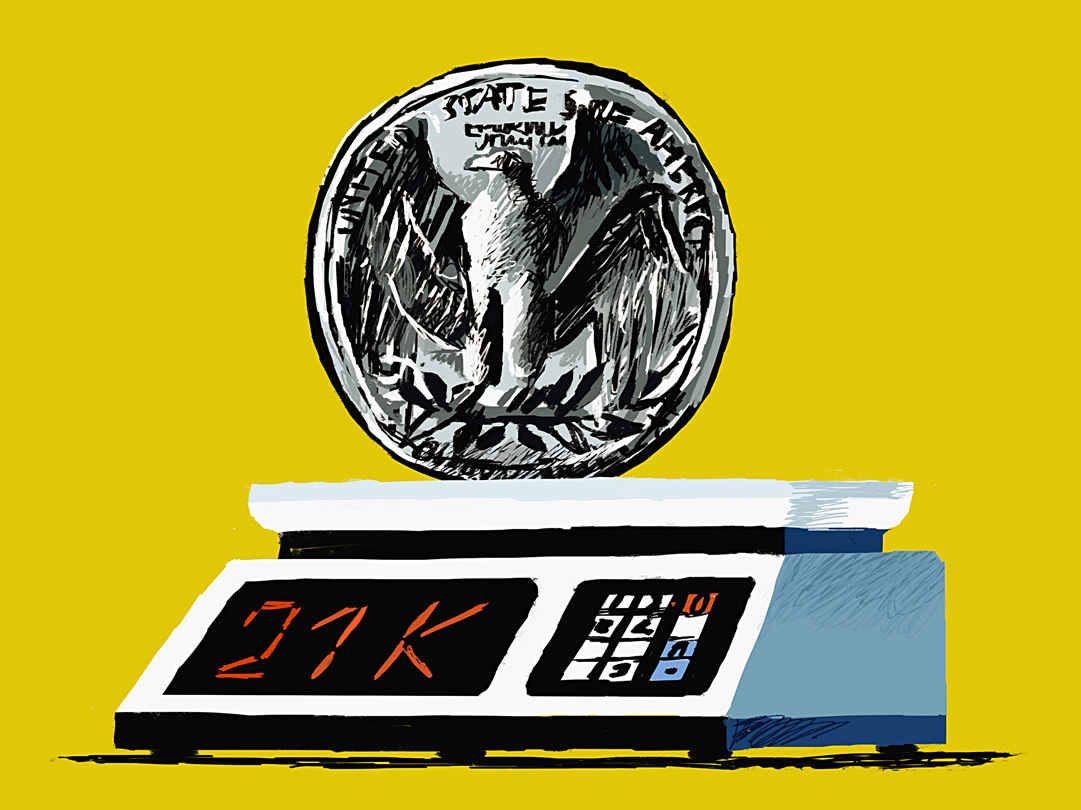

Though having a negative net worth doesn’t mean you’re struggling, calculating net worth can create a broader view of where your money is going and coming from—you’ll be able to better understand your financial needs and possibly see what needs to be changed to achieve better financial wellness.
Assets vs. Liabilities
An asset has many characteristics, but ultimately it is a resource that is providing economic value or expected to promote economic value in the future. There are three important properties that every “asset” needs to have to be considered a true asset. It needs to…
- Be owned or controlled by the individual claiming it.
- Have some economic value, meaning it can be sold or converted to cash or used to support growth in current and future income.
- Be able to be used to generate future income.
A liability is something that is owed—it takes a steady cash flow rather than giving one. For example, owing $400,000 on a mortgage is a liability. Contrary to popular belief, debt isn’t necessarily bad, but knowing your net worth will put things into a whole new perspective. For example, let’s say someone is halfway through paying down a mortgage of $400,000—meaning they’ve already paid $200,000 on it. That $200,000 that they’ve paid down is an asset and the $200,000 they have left to pay is a liability.

When will I need to know my net worth?
Much like credit scores, net worth tells you where you stand financially and helps you prepare for retirement. Though having a negative net worth isn’t necessarily bad, it does show you that there’s still work to do before you’d feel comfortable retiring. Ideally, you’d have a positive net worth by the time you retire so don’t panic if you have a low net worth. Since net worth is constantly changing, the best we can do is set goals and stick to them. Net worth is also very helpful for when you start planning for your estate or making a plan for where you want your things to go after you’re no longer able to voice your decisions.
How do I calculate net worth?
In simple terms, finding net worth is as easy as subtracting what you owe from what you own. The complicated part comes when you’ve got tons of property, business expenditures, and debts that fluctuate in economic value constantly. For the average person, however, it’s as simple as adding up mortgages, credit card debt, car loans, etc. and then subtracting what you get from the total added value of bank accounts, owned property, and any other assets. For a little help in calculating your net worth, give the Know Your Net Worth Coach a shot.
Neither Banzai nor its sponsoring partners make any warranties or representations as to the accuracy, applicability, completeness, or suitability for any particular purpose of the information contained herein. Banzai and its sponsoring partners expressly disclaim any liability arising from the use or misuse of these materials and, by visiting this site, you agree to release Banzai and its sponsoring partners from any such liability. Do not rely upon the information provided in this content when making decisions regarding financial or legal matters without first consulting with a qualified, licensed professional.

